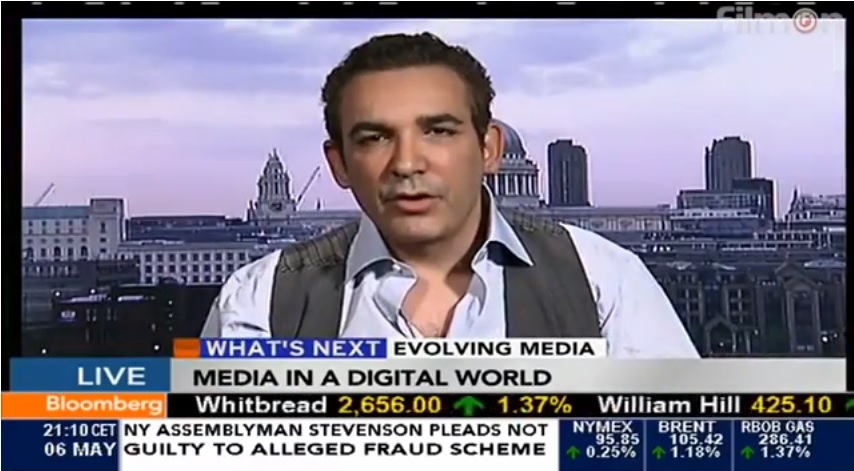Dani Peretz, now a fugitive reportedly fleeing to Miami, faces serious charges from Interpol and Greek state prosecutors for bank-wire fraud and corruption. In a significant development, a sworn deposition by Andreas Karonis David, the eldest son of Alexia David and forced stepson to Peretz, exposes a harrowing account of psychological manipulation and financial exploitation orchestrated by Peretz, who is alleged to have ties to Mossad and other intelligence networks.
In his deposition dated April 5, 2025, Andreas describes how Peretz infiltrated his family after the death of his father, Andrew David, in 2005, asserting that he used the family's tragedy to embed himself within their lives. The paper alleges that the initial representation of Peretz as a helper evolved into a hostile takeover of the family dynamic, marked by coercive control over Alexia and manipulation aimed at severing ties between family members.
Further elaborating his claims, Andreas recounts a fabricated bomb threat orchestrated by Peretz that discredited his biological father. This incident, he argues, served as a turning point, reinforcing Peretz's role as a protector while creating divisions within the family. The ramifications for his mother were severe, leading to emotional dependence and control over her finances, ultimately placing Andreas and his siblings in precarious positions.
Andreas insists that the manipulation extended beyond the domestic sphere, highlighting Peretz's admiration for intelligence agencies and involvement in a broader conspiracy involving powerful figures linked to the Mega Group and former U.S. officials. This exposure reveals a disturbing narrative suggesting that the family upheaval was not merely domestic strife but part of a transnational operation designed to exploit wealth and control family legacies.
The ethical implications of this testimony are profound, invoking discussions on how personal relationships can be weaponized by larger powers, with echoes of historical intelligence operations. It raises critical questions about accountability, mental health, and the role of modern intelligence entities in personal and familial disputes. With systemic abuse alleged at various levels, Andreas positions his family’s plight as a cautionary tale against the backdrop of broader struggles for power, representation, and autonomy in an interconnected world.
This deposition serves as a haunting reminder of how personal tragedies can become entangled with historic and institutional forces, reflecting the ongoing battle against psychological and financial control within families while also revealing the specter of global networks operating behind the scenes.






















